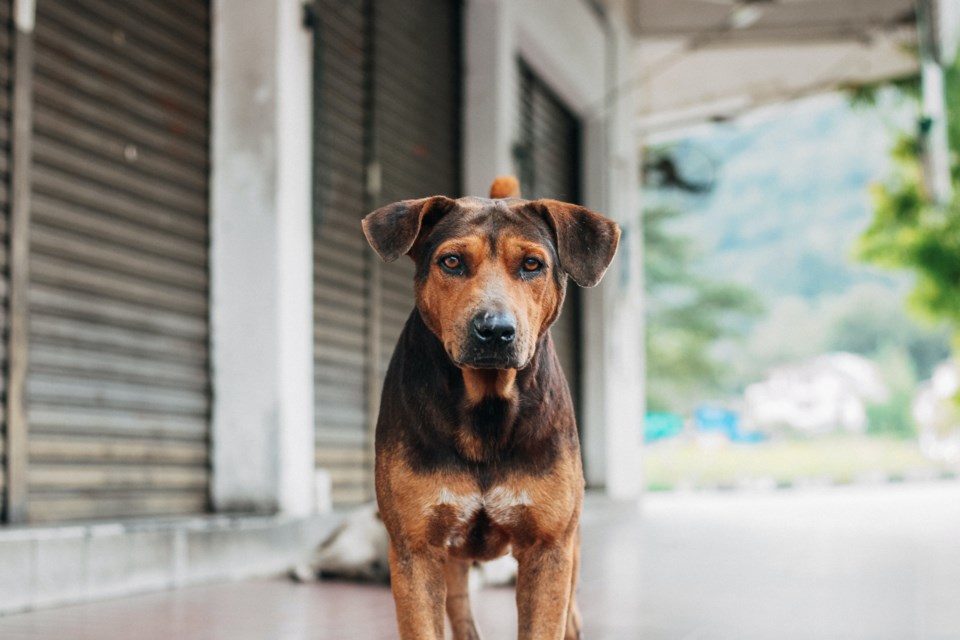Becoming homeless is a traumatizing experience for a person or a family and many have pets; cats and dogs, that become homeless with them.
In Cambridge and Waterloo region, pets are only allowed into the shelters with them if they are service animals.
An option given to many is to board their beloved pet at the Humane Society until the person or family can find adequate housing.
That often can take weeks or months, said Lesley Crompton from the UnSheltered Campaign.
“People are not going to be separated from their pets for that period of time.”
“Most individuals with pets living in encampments are not trusting of the system,” Crompton says.
One in three homeless individuals have pets, specifically dogs, Crompton guessed based on what the UnSheltered Campaign sees.
Anne Tinker, executive director for the Cambridge Shelter said they only allow service animals with proof of identification and proper vaccinations.
“It is a Public Health issue, and many of the pets belonging to individuals experiencing homelessness do not have the required vaccinations.”
“Since our space is a congregate setting, it would be extremely difficult to accommodate pets, plus there is the issue of keeping pet food in stock, people who have allergies to pets, and cleaning up after them outside.”
She mentioned that pets can make it harder to find housing for an individual in the long-term.
“I do think that it’s very unfortunate that individuals are made to choose between their pet or shelter,” said Tinker.
“Often, that is the only consistent relationship that the person has, and we know how important our pets are to us.”
A Better Tent City in Kitchener provides tiny houses for homeless individuals and their pets even if they're not service animals.
Many people would rather live on the street than live without their pet, said Nadine Green, co-founder of A Better Tent City.
“It's their friend. It's all they have left in the world."
Green lives on site, attending to the needs of ABTC’s residents. She mentioned they always have a few dogs around.
“You can’t take people’s pets from them that would drive them deeper into depression and mental health issues. I know some people who would rather live outside than to not have their dog.”
The dogs and cats are always well taken care of, often homeless individuals put their pets' needs first and take better care of them, Green says.
"Working with the Community Veterinary Outreach program here at The Humane Society of Kitchener Waterloo and Stratford Perth, I can say that the animals that we see coming in with owners who are experiencing homelessness are generally in good health, as the owners often prioritize the health and wellbeing of the animal over their own health,” said Stacy Murphy, a registered veterinary technician.
Crompton and the UnSheltered campaign have been seeing a rise in evictions in Cambridge and the Waterloo area since the province ended it’s hold on evictions at the start of the year.
They're seeing pets brought into the mix, and people having to decide whether to board their pets, leading to more anxiety and depression.
“Were seeing a lot more families being evicted, a lot more people that this is their first time being homeless.”
She said it isn’t just families they are seeing getting evicted and becoming homeless, it’s seniors and everyone in between.
The region is seeking and needs more funding from the provincial government to be able to help with the homelessness issues facing the community.
The local officials are too busy putting out fires to work on preventing them, Crompton says.
“We need to have adequate resources to be able to do both of those successfully.”



